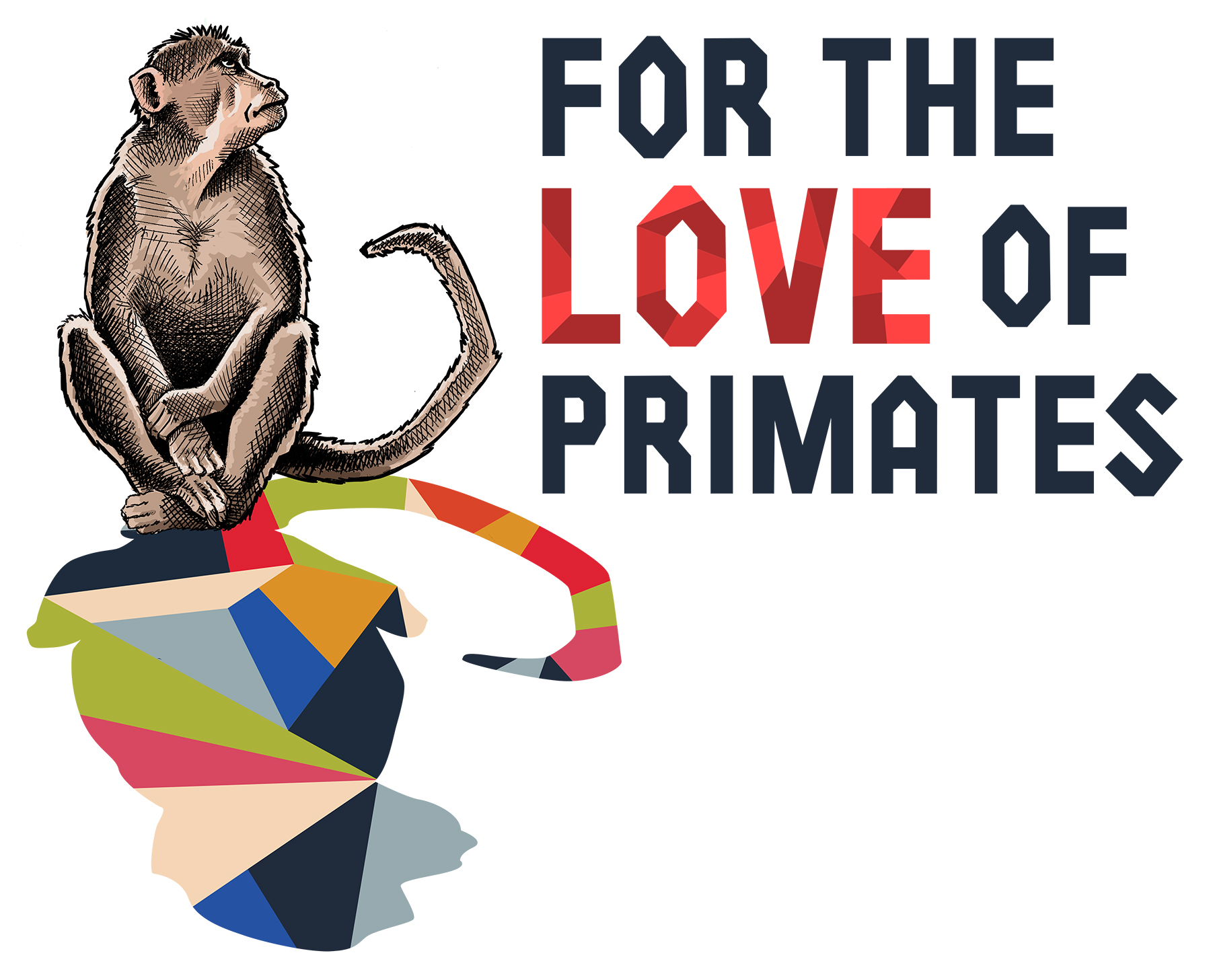How much is that chimpanzee in the window?
How much is that chimpanzee in the window? The cost, it seems, might be a much greater one than the sticker price. The Jane Goodall Institute estimates at least 3,000 great apes are lost from the wild annually to illegal wildlife trafficking. Chimpanzees are the most trafficked of the great apes. With as many as 2,000 wild-born chimpanzees being trafficked from their homes per year, this is a significant threat to their overall population of 300,000.
These highly social and intelligent animals are often harvested in the Democratic Republic of Congo, then shipped illegally to South Africa, a major trafficking hub. There, many adults are killed for bushmeat, while infants may be shipped anywhere in the world where there is demand for exotic pets or entertainment. Conditions during shipping are often cruel, with animals receiving insufficient food, space, or social contact for the duration of their journey. To appease potential buyers, traffickers routinely forge documents showing the animals have been bred in captivity by certified humane breeders.
Chimpanzees aren’t the only animal at risk from wildlife traffickers. Traffickers will sell any animal that may be in demand, regardless of risk to the animals themselves because wildlife trade is a lucrative business. Illegal wildlife trafficking is estimated to generate $7 to $23 billion in proceeds annually. Incredibly, this already huge volume of activity may be on the rise.
FinCEN, which tracks suspicious financial activity in the US, highlighted that banks’ reports of suspicious wildlife trafficking transactions have been trending up significantly in recent years. Wildlife trafficking often involves what are called “transnational criminal organizations,” or TCOs. These are organized crime rings that ignore borders to make a profit. TCOs found trafficking wildlife are the same criminals who conduct drug trafficking, human trafficking, and fund corrupt governments or extremist factions. The Interpol Secretary General, Jürgen Stock, has stated “Wildlife crime not only strips our environment of its resources, it also has an impact through the associated violence, money laundering, and fraud.” An increase in wildlife trafficking is not only bad for the animals, but because it is linked with other crimes, it may fund increased violence and exploitation of people as well.
Because of the growing impact of wildlife trafficking, law enforcement agencies are taking a greater interest in investigating and prosecuting wildlife crime. These are difficult cases, as they often involve multiple jurisdictions, and many nations lack sufficient laws against selling or owning exotic animals. It is hard to assess the true number of traffickers arrested and prosecuted worldwide each year, but some signs of progress are apparent. The US Department of the Treasury has identified wildlife trafficking as one of their priority focus points for countering financial crimes. Interpol and the Department of Justice have launched large-scale sting operations resulting in the confiscation of trafficked animals and arrests of traffickers. Banks and financial services companies have begun to offer training courses for their employees to spot the signs of wildlife trafficking payments, so that they can report the activity to law enforcement.
You can also support efforts to end trafficking and support impacted animals. Never purchase an exotic animal, or pay to have an exotic animal pose with you in a selfie or perform a trick for you. Traffickers depend on the income these animals generate, and are experts at hiding where these animals came from. Instead, offer support to reputable sanctuaries or zoos. Because we cannot identify where a trafficked animal came from, once rescued, they cannot be returned “home.” Instead, animals rescued from traffickers depend on zoos and sanctuaries to house them for the rest of their lives.
Trafficking results in cruelty to animals and the loss of endangered species. Traffickers also participate in human trafficking and other crimes that exploit and endanger people. Although law enforcement is taking a greater interest in this crime, trafficking will only truly end when it is no longer profitable, and people stop purchasing wildlife. The real cost of that chimpanzee in the shop window is truly too high to bear, and will be felt in far more places than your pocketbook.
https://www.thejanegoodallinstitute.com/about-great-ape-trafficking
https://www.nationalgeographic.com/animals/article/animals-from-africa-s-biggest-trafficked-primate-confiscation-fo

